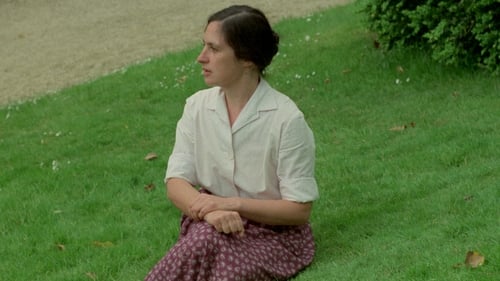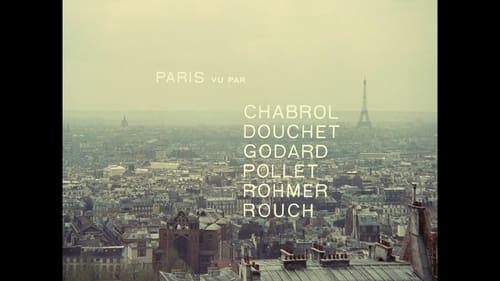
N°315
Reel 32 of Gérard Courant’s on-going Cinematon series.

(Re)citer
A tribute to Mallarmé that not only asserts the continuing relevance of his work but also confronts its literary ambiguities with political and cinematic ambiguities of its own. In outline, the film could not be more straightforward: it offers a recitation of one of Mallarmé’s most celebrated and complex poems (it was his last published work in his own lifetime, appearing in 1897, a year before his death) and proposes a cinematic equivalent for the author’s original experiment with typography and layout by assigning the words to nine different speakers, separating each speaker from the other as she or he speaks, and using slight pauses to correspond with white spaces on the original page.

Director
L’Olivier responds to a concern French public support for the Palestinian cause is diminishing in the wake of the 1972 Munich operation. Structured to chronicle the Palestinian story and to explain the current chapter in the struggle, the film calls for global militant solidarities and, particularly, for European political engagements.

Editor
An African travels to Paris to learn about the construction of tall buildings, but is soon taken up with the oddities of French life.

Editor
Six vignettes set in different sections of Paris, by six directors. St. Germain des Pres (Douchet), Gare du Nord (Rouch), Rue St. Denis (Pollet), and Montparnasse et Levallois (Godard) are stories of love, flirtation and prostitution; Place d'Etoile (Rohmer) concerns a haberdasher and his umbrella; and La Muette (Chabrol), a bourgeois family and earplugs.



